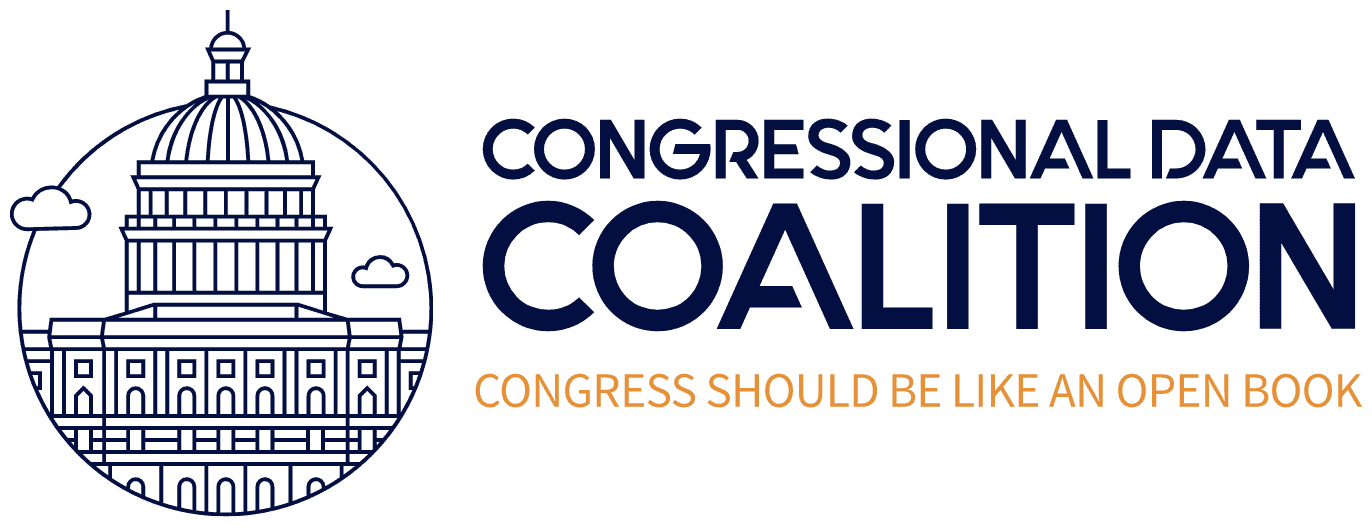Drafting legislation in Congress can be a daunting process. Typically, staffers provide an outline of the desired bill to the Office of Legislative Counsel (OLC), and an OLC attorney drafts the legislation. This often is an iterative process, with OLC asking questions and congressional staff updating their ideas.
This process can create problems for staff when they request feedback from other congressional offices or outside stakeholders. OLC sends the draft back as a PDF, which staffers can’t change on their own and other stakeholders cannot edit. This makes it hard to collaborate.
We’ve tried to find a way to improve how Members solicit and receive feedback. We’re proud to introduce BillToText.com, a tool for more efficient drafting.
This new website converts PDFs from the Legislative Counsel into Docx files, while preserving the content and formatting. A user can easily upload the contents into Microsoft Word or Google Docs, allowing them to easily markup legislation and identify changes, creating a more efficient drafting process.
BillToText.com has a user-friendly interface. Just upload the Legislative Counsel PDF and the bill text will be available for download on your browser as a Docx file that can be used in a word processor program. While BillToText preserves the line numbers on each page in Microsoft Word, line numbers are not supported in Google Docs.
BillToText.com does not retain or share copies of legislation uploaded to the website, although we do use Google Analytics to track general information about users of the website.
We have open-sourced the code behind BillToText.com, so you can modify it and make it your own — or report issues with the code to us on GitHub. Ted Han wrote the code.
The website is still being developed so send us your ideas.
— Written by Taylor J. Swift
